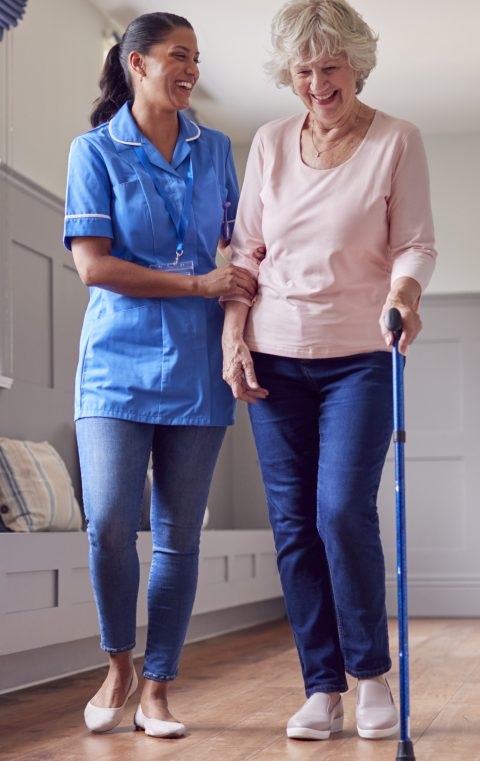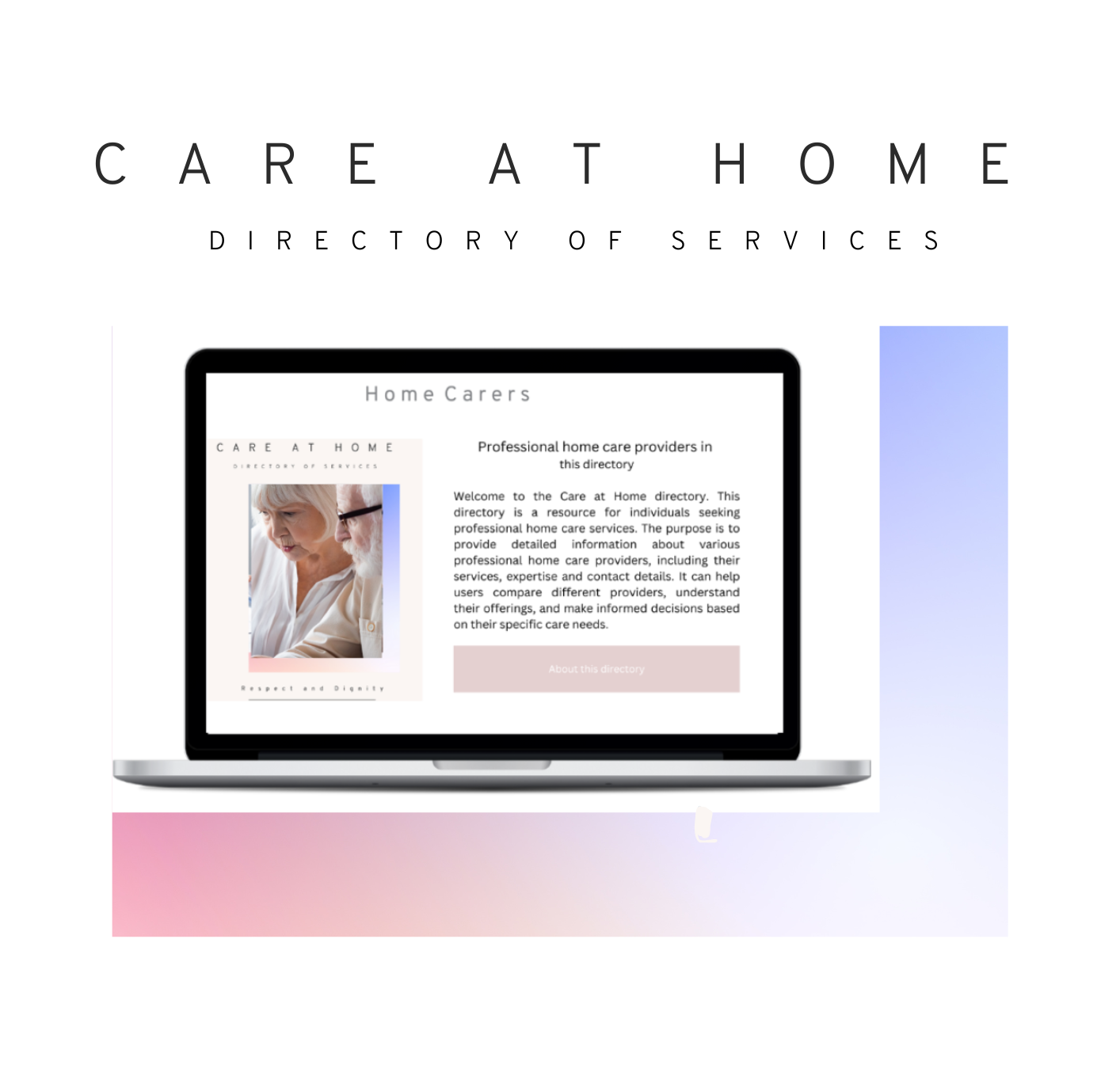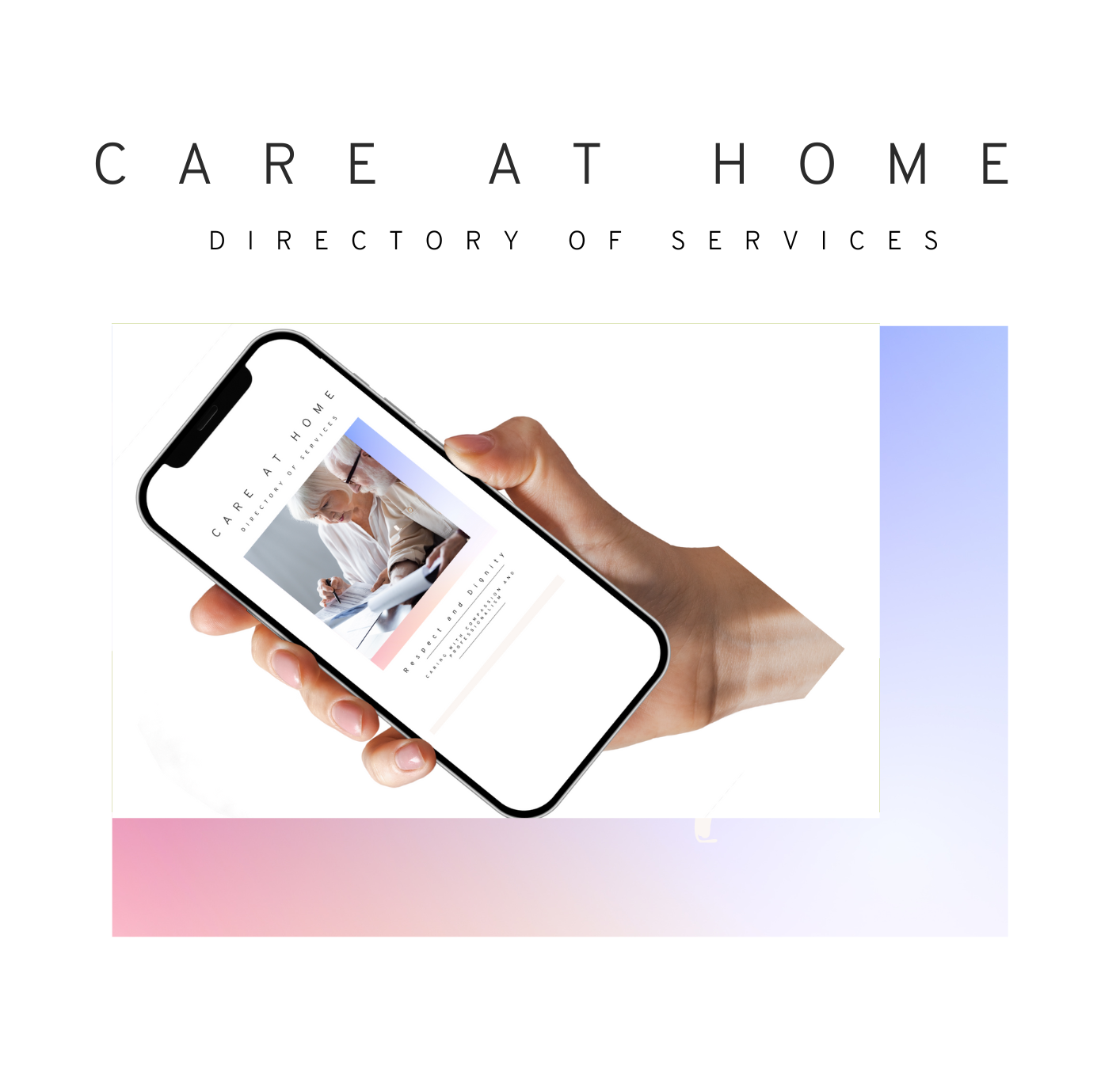Occupational Therapists
Occupational therapists (OTs) play a vital role in communities by supporting individuals in living independently and improving their quality of life. They help people of all ages engage in meaningful activities or tasks that they may find challenging due to physical, mental, or cognitive impairments.

What can OTs do for you?


Occupational Therapy
Occupational therapists work in diverse settings, including homes, schools, workplaces, and community centres. Their primary goal is to help people achieve independence in their daily lives.
Occupational therapists assess an individual’s physical, cognitive, and emotional abilities to understand their needs and challenges. This evaluation helps create personalized intervention plans on achieving specific goals, like dressing independently, returning to work, or managing a household.
Occupational therapists provide therapy to help individuals regain or develop skills needed for daily activities. For example, they might help a patient relearn basic tasks like eating or writing after a stroke. Children with developmental disorders might use play therapy to develop motor skills or improve social interaction.
Occupational therapists recommend and facilitate modifications to the home or workplace to create a safer and more accessible environment. This could involve suggesting ergonomic tools, installing grab bars, or rearranging furniture to prevent falls or facilitate movement.
Occupational therapists teach individuals and their families how to manage daily tasks more effectively. They also provide support and training to caregivers.
OT - Sarah Hamilton Profile
OT - Richard Jackson Profile


Ask your OT about PCC
Short audio files -easy listening
Person-Centred Care (PCC)
Personalised choices & care plans
Integrated Health & Care Services
Empowering Self-Management
Social Prescribing
Personal Health Budgets
Keeping this directory
Personal Choices

The NHS promotes giving individuals more control over their healthcare choices, allowing them to take an active role in setting care goals, making decisions, and shaping services that impact their lives. The health services include empowering patients to choose providers or tailor services around their unique preferences
Personalised Care Plans

Personalised Care Plans often involve collaboratively creating a plan with the individual, healthcare providers, and family members. These plans are reviewed regularly and adapted to meet changing needs. For example, individuals with health conditions or disabilities can work with their GP and community health teams to develop a tailored plan that supports them in their homes and daily lives.
Integrated Health & Care Services

The UK government has worked towards integrating health and social care services to provide seamless support. Integrated Health and Social Care Services involve coordination between the NHS, local councils, and community organisations, making it easier for people to access multiple forms of support—such as health, social, and housing services—without navigating complicated systems independently.
Network community

Person Centred Care emphasises local, community-based services that help people live independently and stay connected within their communities. For example, NHS Community Health Services and local volunteer groups may provide home visits, community nursing, or social activities to reduce isolation and maintain a sense of belonging.
Empowering Self-Management

Person Centred Care promotes “self-management” strategies, encouraging individuals, particularly those with long-term health conditions, to actively manage their health. Community-based programs, such as the NHS’s “Expert Patients Programme,” provide training and support for people to understand their condition better and develop skills for managing symptoms, treatment, and lifestyle adjustments
Building Supportive Relationships

Healthcare providers work to establish trusting relationships with patients by listening to their concerns and understanding their health and personal circumstances. For example, GPs and community nurses often spend more time with individuals in person-centred assessments, hearing their stories and building lasting connections.
Social Prescribing

Social prescribing enables GPs and community health teams to refer individuals to non-clinical services, such as exercise groups, art therapy, or local clubs, to improve their quality of life. This holistic approach aligns with Person-Centred Care by addressing social, emotional, and mental well-being and physical health.
In summary, Person Centred Care in the community setting is about respecting individual choice, fostering collaborative decision-making, and integrating health and social services to create a holistic, inclusive, and accessible support network that meets each person where they are. It is grounded in principles that promote dignity, independence, and a life with meaningful engagement in the community.
Personal Health Budgets

Through NHS Personal Health Budgets, individuals with health needs can receive funds directly to spend on services or support that will benefit their health. Personal Health Budgets allow individuals to choose their care, aligning with Person Centred Care principles

Directory Download


Please keep this directory handy for emergencies. It is important to keep this directory because it provides quick access to essential contact information, instructions, and resources when time is of the essence. In emergencies, every second counts, and having a well-organized directory ensures that you can promptly reach healthcare professionals, and caregivers. This directory also helps prevent confusion, reduces stress, and ensures that the right steps are taken swiftly to protect the safety and well-being of those in need.
OTs - Explained
Sarah Hamilton - Profile
Richard Jackson - Profile

Short audio files -easy listening
Person-Centred Care (PCC)
Personalised choices & care plans
Integrated Health & Care Services
Empowering Self-Management
Social Prescribing
Personal Health Budgets
Keeping this directory
Personal Choices

The NHS promotes giving individuals more control over their healthcare choices, allowing them to take an active role in setting care goals, making decisions, and shaping services that impact their lives. The health services include empowering patients to choose providers or tailor services around their unique preferences
Personalised Care Plans

Personalised Care Plans often involve collaboratively creating a plan with the individual, healthcare providers, and family members. These plans are reviewed regularly and adapted to meet changing needs. For example, individuals with health conditions or disabilities can work with their GP and community health teams to develop a tailored plan that supports them in their homes and daily lives.
Integrated Health & Care Services

The UK government has worked towards integrating health and social care services to provide seamless support. Integrated Health and Social Care Services involve coordination between the NHS, local councils, and community organisations, making it easier for people to access multiple forms of support—such as health, social, and housing services—without navigating complicated systems independently.
Network community

Person Centred Care emphasises local, community-based services that help people live independently and stay connected within their communities. For example, NHS Community Health Services and local volunteer groups may provide home visits, community nursing, or social activities to reduce isolation and maintain a sense of belonging.
Empowering Self-Management

Person Centred Care promotes “self-management” strategies, encouraging individuals, particularly those with long-term health conditions, to actively manage their health. Community-based programs, such as the NHS’s “Expert Patients Programme,” provide training and support for people to understand their condition better and develop skills for managing symptoms, treatment, and lifestyle adjustments
Building Supportive Relationships

Healthcare providers work to establish trusting relationships with patients by listening to their concerns and understanding their health and personal circumstances. For example, GPs and community nurses often spend more time with individuals in person-centred assessments, hearing their stories and building lasting connections.
Social Prescribing

Social prescribing enables GPs and community health teams to refer individuals to non-clinical services, such as exercise groups, art therapy, or local clubs, to improve their quality of life. This holistic approach aligns with Person-Centred Care by addressing social, emotional, and mental well-being and physical health.
In summary, Person Centred Care in the community setting is about respecting individual choice, fostering collaborative decision-making, and integrating health and social services to create a holistic, inclusive, and accessible support network that meets each person where they are. It is grounded in principles that promote dignity, independence, and a life with meaningful engagement in the community.
Personal Health Budgets

Through NHS Personal Health Budgets, individuals with health needs can receive funds directly to spend on services or support that will benefit their health. Personal Health Budgets allow individuals to choose their care, aligning with Person Centred Care principles
